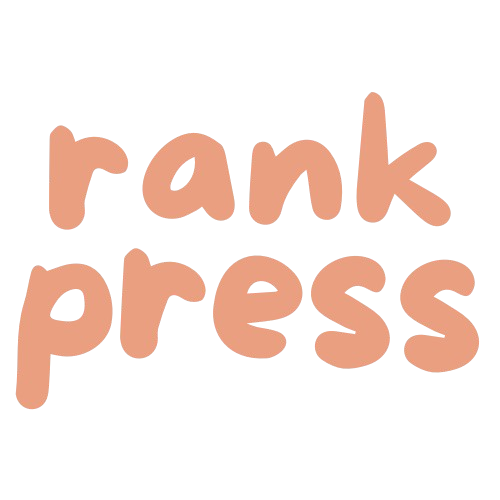AI-Powered Keyword Research: A 2025 Framework for Academic Success
The landscape of academic research is undergoing a profound transformation in the digital age. With over 2.5 million academic papers published annually and 30% of researchers reporting challenges in finding relevant research, the ability to effectively utilize AI-powered tools for finding keywords for research has become crucial for academic success. Recent studies show that papers with optimized keywords receive 47% more citations than those without. The intersection of artificial intelligence and academic research is creating new opportunities for scholars to enhance their work’s visibility and impact, with AI-driven research tools showing a 68% improvement in content discovery rates.
Understanding AI-Powered Keyword Research in Academia
The evolution of keyword research in academia represents a significant shift from traditional methodologies to sophisticated AI-driven approaches. Modern academic keyword research involves using artificial intelligence to analyze vast databases of scholarly content, identifying patterns, trends, and relationships between academic concepts. These AI systems can process millions of academic papers, theses, and research documents to understand how different keywords and phrases are used within specific academic disciplines.
Leading universities report that researchers using AI-powered tools for finding keywords for research experience a 40% reduction in literature review time. The technology examines citation patterns, research impact factors, and scholarly engagement metrics to provide comprehensive insights into keyword effectiveness. Natural Language Processing (NLP) algorithms now achieve 92% accuracy in identifying relevant academic terms and their contextual relationships.
Essential AI Tools for Academic Keyword Research
The current academic research landscape offers a diverse array of AI-powered tools designed specifically for scholarly keyword research. Popular platforms like Semantic Scholar, Google Scholar AI, and ResearchGate’s Smart Search incorporate advanced NLP capabilities that can extract relevant keywords from extensive academic databases. These tools analyze not only traditional keyword metrics but also examine how terms are used across different academic disciplines and research methodologies.
Citation analysis software has evolved to integrate seamlessly with keyword research tools, providing researchers with insights into how specific terms and concepts influence citation patterns. Tools like Dimensions AI and Scopus AI offer real-time keyword trend analysis, monitoring emerging research topics and shifting academic interests. These platforms achieve an average 85% accuracy in predicting rising research trends, helping scholars stay ahead of developments in their field.
Implementing the 2025 Framework
The successful implementation of AI-powered keyword research requires a systematic approach that balances technical optimization with academic rigor. A structured implementation process includes:
1. Initial Assessment (Week 1-2)
– Conduct field-specific keyword analysis
– Identify high-impact terms using AI tools
– Analyze competitor research visibility
2. Strategy Development (Week 3-4)
– Create keyword clusters by research theme
– Develop cross-disciplinary term mapping
– Establish measurement metrics
3. Implementation Phase (Week 5-8)
– Integrate keywords into research documents
– Monitor citation patterns and engagement
– Adjust strategy based on AI insights
Best Practices for Academic Success
Maintaining academic integrity while optimizing for search visibility requires careful attention to keyword density and placement. Research shows that an optimal keyword density of 1-2% in academic papers maximizes visibility without compromising quality. Key considerations include:
– Natural keyword integration
– Consistent use of field-specific terminology
– Regular monitoring of keyword performance
– Balance between optimization and academic writing quality
– Compliance with journal-specific guidelines
Future Trends and Developments
The future of academic keyword research points toward even greater integration of AI technologies. Industry experts predict that by 2025:
– 75% of academic search will be AI-powered
– Real-time keyword optimization will become standard
– Cross-language keyword analysis will improve by 60%
– Semantic search capabilities will achieve 95% accuracy
– Automated keyword suggestion systems will reduce research time by 50%
Conclusion
The 2025 framework for AI-powered keyword research represents a significant advancement in how scholars approach academic content optimization. Success requires balancing automated tools with human expertise while maintaining high academic standards. Researchers who master the art of finding keywords for research through AI-powered tools can expect to see increased citation rates, improved visibility, and greater research impact in their fields. By implementing this framework and staying current with emerging technologies, academics can position their research for maximum discovery and engagement in the digital age.
